Jonathan Tasini’s name, in Israel, would be pronounced more like Tazini. It’s related to a command in classical Hebrew that Moses uses with his people: Ha’azinu. That is: You should listen.
And at the very least, Tasini wants voters to get a chance to listen to him. He offers himself up as a new kind of Jewish American anti-war candidate for Congress, the only one who, as this summer’s news about the miseries of Iraq merged with that of the Lebanon blow-up, critically addressed both situations. He’s using his small corner of New York’s political stage to speak about these two wars of vital interest to Jews, even as it goes scarcely noticed that Tasini is the closest any candidate has come to being an Israeli American running for the U.S. Congress.

His full name is Jonathan Yoav Tasini, and he’s challenging Sen. Hillary Rodham Clinton in New York’s Democratic primary on Sept. 12. He’s asked Clinton to debate him — an event that, following Ned Lamont’s win against Sen. Joe Lieberman, would likely be a national story — but so far she hasn’t accepted. Publications as different as The New York Times and the New York Post recently urged Clinton to engage the 49-year-old Tasini, the articulate former head of the National Writer’s Union, saying that a Tasini-Clinton match-up would give her a chance to clarify her muddled position on Iraq.
On Iraq, Tasini — along with a broad range of progressive positions — favors an immediate pullout. On Lebanon, as recent violence surged, he quickly echoed calls elsewhere for a cease-fire and joined in criticism of Israel’s bombing campaign in civilian areas. Tasini spurred a midsummer ripple of controversy with remarks that included his lament of Israel’s “many acts of brutality and violations of human rights.” He didn’t back down, reminding his critics that his comments did not stray from civil rights reports and charges by Israeli leftists.
Still, many people haven’t heard of Tasini, and the Jewish world has barely taken note. His Italian-sounding name stops even some supporters from realizing he’s Jewish, although he’s clear enough about it on his Web site, TasiniforNewYork.org. The New York media — including the Jewish press — have also not covered him with anywhere near the interest accorded Lamont, who bought his share of outsider glamour for $4 million.
Tasini’s raised about $200,000 so far, compared to Clinton’s $22 million. After a recent boomlet of press, he’s polling at 15 percent of New York Democrats. Few think he’ll win. But his positions on the Middle East distinguish him as part of a new generation of Democratic mavericks who reflect this country’s sense of political crisis over Iraq and a measure of disillusionment about Israel’s conduct in the Lebanon War. One could even call his campaign groundbreaking, given the freshness of his views and the novelty of his biography.
“I absolutely view him as an Israeli American,” said Joel Schalit, managing editor of Tikkun Magazine. “He certainly spent enough time in Israel and he certainly has enough connections there.”
Born in Houston, Tasini has two families: an American one from the marriage of his father, Betsalel Tasini, to a woman who lives now in Los Angeles, and an Israeli side, stemming from his father’s second marriage to a New Yorker who emigrated to Israel in 1968. Tasini, a UCLA graduate, lived with his father and stepmother in Israel for seven years and speaks fluent Hebrew.
I recently talked to Rita Tasini, the candidate’s stepmother, by phone as she sat in her home in Ra’anana, north of Tel Aviv, a few days after a Hezbollah missile had fallen in Hadera, not far away.
“He has roots in Israel that are very, very deep,” she said of him. “He was here, not last year, but the year before. He was here for Pesach.”
Tasini, she said, “was left wing at 16. He was always left.”
And his support for a two-state solution for the Palestinians, his objections to the Jewish settlement movement reflected familial views.
“Jonathan’s father was against it,” said his stepmother, “and so was I; none of us believed that they should be living over there.”
Tasini’s late father, a computer scientist, was born in Palestine, and fought in the Haganah, Israel’s pre-state army, and its strike force, the Palmach, his widow told me. He lived for a time in the United States during his American-born son’s early years, then returned to Israel. Rita Tasini described how a teenaged Tasini, having joined his father, volunteered in a hospital, helping wounded Israeli soldiers during the Yom Kippur War.
Yet Tasini told me it was the Vietnam War and the perspective of his father, the independence fighter, that largely shaped his anti-war views. “I remember very specifically watching the news of the Vietnam War and every week they’d have the body counts,” Tasini said, as we talked near his tiny office in New York’s West Village. “This one week, the number of Viet Cong killed were more than Americans and I said, ‘Good,’ and my father said, ‘Why is it good?’ I said, ‘It is better that more of them die than Americans,’ and my father said, ‘It is about much more than that.’ He said that no country wants to be occupied by another country, and liberation movements are very strong. My father was not a deep ideological left-winger, but it was based on his history of having fought against the British.
“Gandhi means a lot to me, Gandhi and Martin Luther King,” he added.
While he said he believes fighting is sometimes necessary, and firmly deplored Hezbollah’s actions at the start of the recent crisis, he questions why, given previous deals Israel made to release Palestinian prisoners for captives, it wasn’t done this time.
The openness of such skepticism may make Tasini seem foolishly bold (or boldly foolish) in the context of a New York political race. But it is of a piece with his controversial past as president of the National Writer’s Union, a time that included taking The New York Times to court to win payment to freelance writers for electronic reuse of their work. He won in the U.S. Supreme Court.
But critics say he misapplied his chutzpah this summer in the middle of the fighting in Lebanon. In an interview with the political blog, Room 8, Tasini was asked whether he believed Israel was a terrorist state. He answered: “It is painful to say that, but when you fire missiles from sophisticated aircraft on unarmed civilians in Gaza, those are again, the definition to me of….” He paused, searching for the next words.
“Terrorism is a very heavily laden word. But to me, what the key thing is, what are you doing? Are your actions in violation of the international norms of the Geneva Convention, and so on? And I think it’s sad to say, but it’s clear, yeah.”
While he quickly stated, on his campaign Web site, that did not view Israel as a terrorist state, he held to his critical stance. The Clinton campaign denounced the remarks, and several Jewish organizations fired back. The National Jewish Democratic Council (NJDC), a Jewish Democratic group in Washington, called the remarks “outrageous” and “downright offensive.”
I asked NJDC Executive Director Ira Forman what made the remarks so wrong — beyond the “terrorist” label, which was pushed at Tasini and about which he wavered — given that human rights groups have issued reports saying more or less the same things.(Amnesty International has just issued a report critical of the Israeli bombing of civilians during the Lebanon conflagration.) Forman said the comments were “inappropriate,” and then added: “Inappropriate may not be the most accurate statement. The accurate statement is ‘very much out of the mainstream for the American Jewish community.'”
Forman’s objection — he was one of those who said he could not remember another congressional candidate who had as full an Israeli background as Tasini — goes to the heart of what makes Tasini an interesting new presence.
Said Tikkun’s magazine’s Joel Schalit: “If Israel comes across as being more fallible, dysfunctional and morally-in-trouble than previously perceived, then American Jewish opinion is going to have some kind of crisis. I think it is about time that an Israeli American entered the process. His timing couldn’t be better.”
Tasini has a political example to aim for in Los Angeles.
“I thought he was courageous to be critical of the Israeli actions in Lebanon, given Hillary’s gestures to win out the Jewish vote,” said Marcy Winograd, a Jewish anti-war progressive who took 38 percent of the vote in her recent primary run against Jane Harmon in California’s 36th Congressional District.
Tasini called the West L.A. campaign “the model” for his.
Tasini pointed out that critics of the Zionist Left who live in Israel tend to feel stronger in their right to question policies there than American Jewish critics in this country because their devotion to the survival of the state stands beyond reproach.
“American Jews feel they are living here in comfort and protection,” he said, “and they don’t really know what is going on, and they can’t criticize Israel. I have never had that. I can say what I say with authority, and I say it because I have a stake there.”
But interesting positions alone won’t get him into the same room with Hillary Clinton. At campaign stops recently she has dodged reporters who more and more often ask whether she’ll debate Tasini. She would only tell a CBS reporter, “We’ll see how the campaign develops over the next weeks.”
Of course Moses, with whom Tasini shares a linguistic legacy, sometimes had problems getting people to listen. But even he didn’t face the mighty logic of American incumbency — that you can deny an under-funded opponent a chance to be heard, if you simply don’t respond.
Allan M. Jalon is a frequent contributor to the Los Angeles Times and other publications.








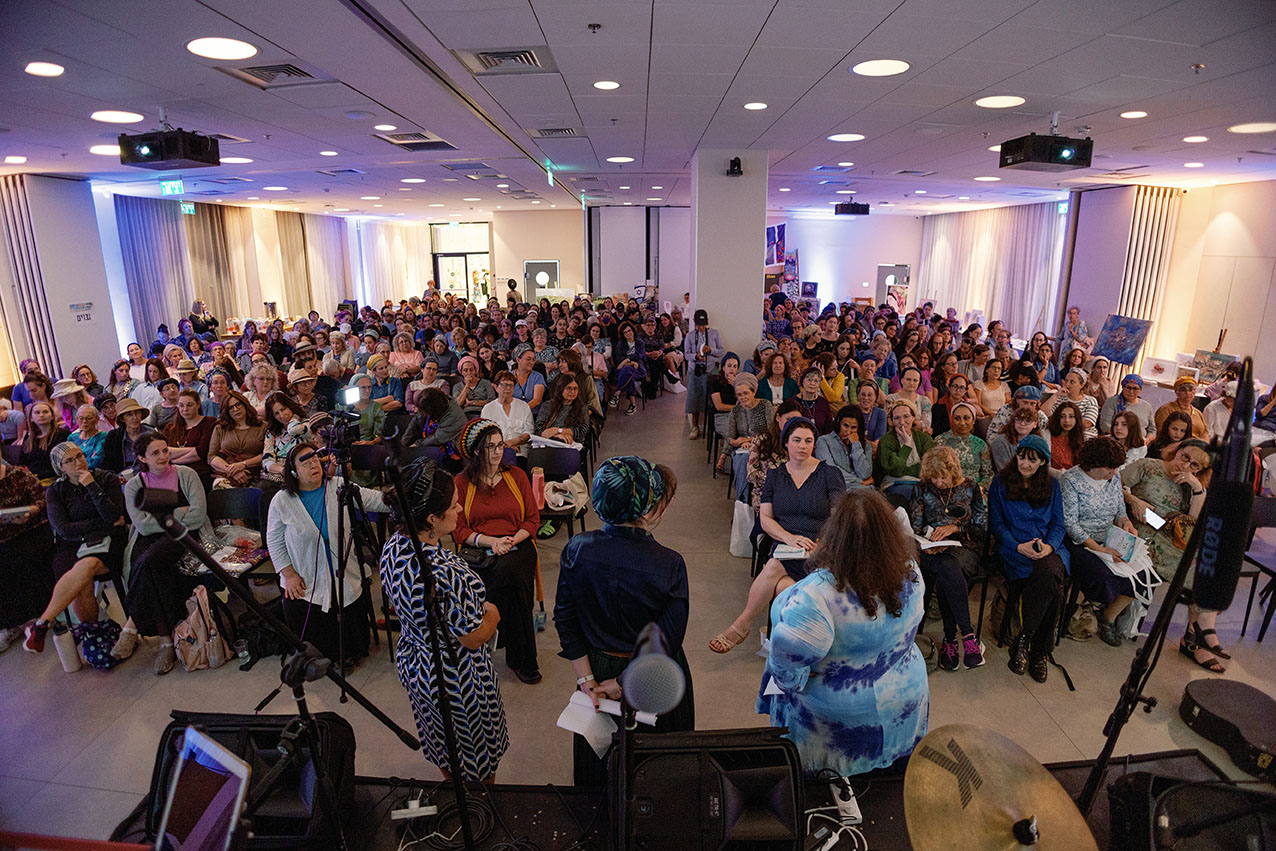
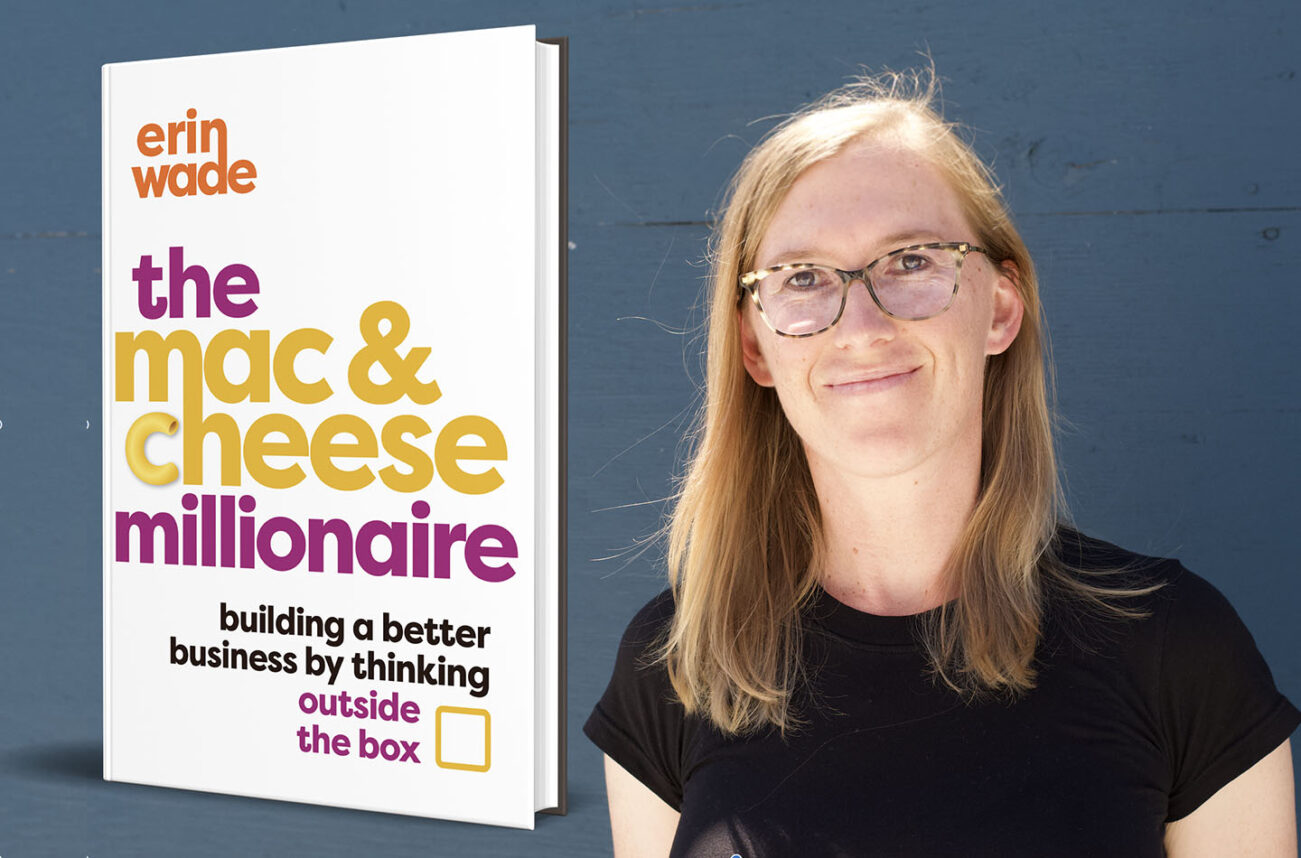
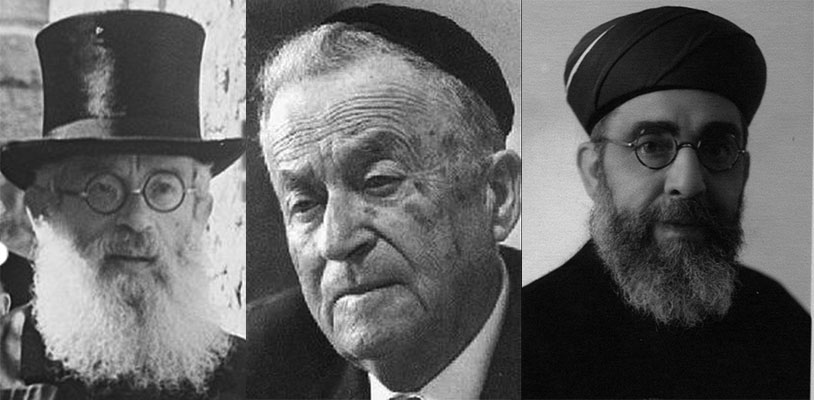

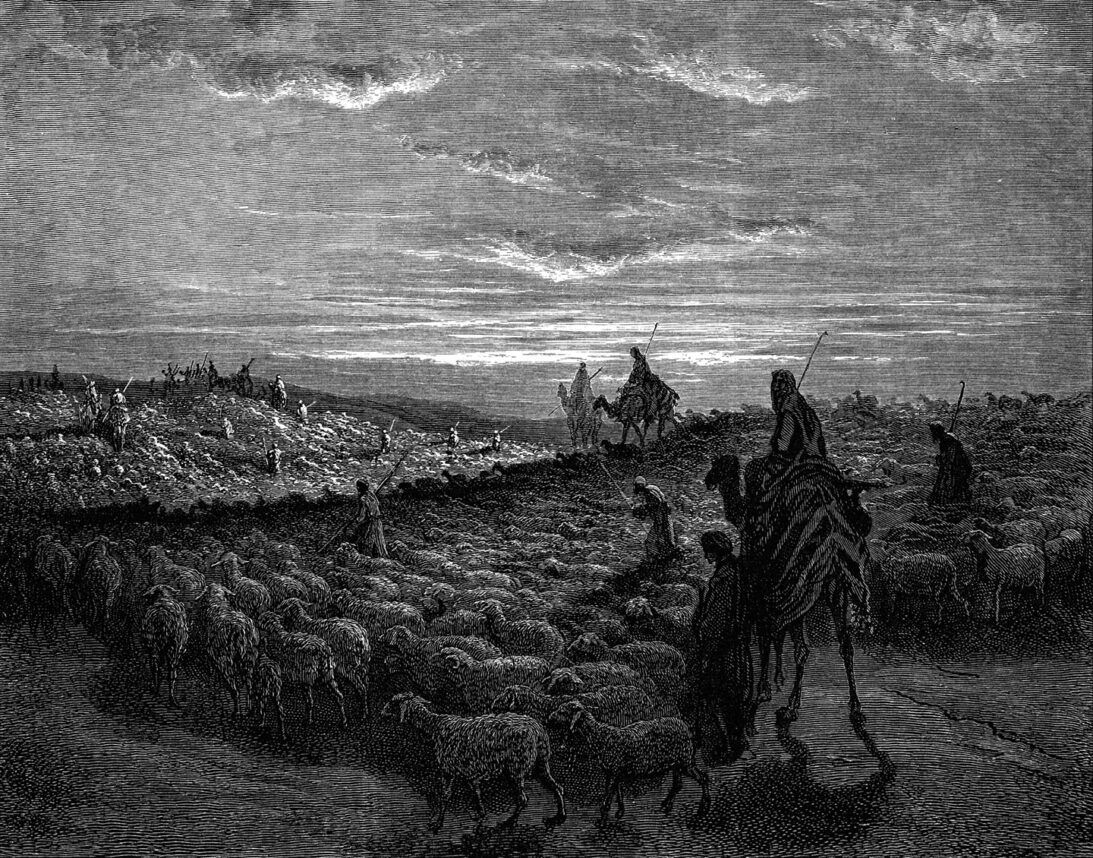


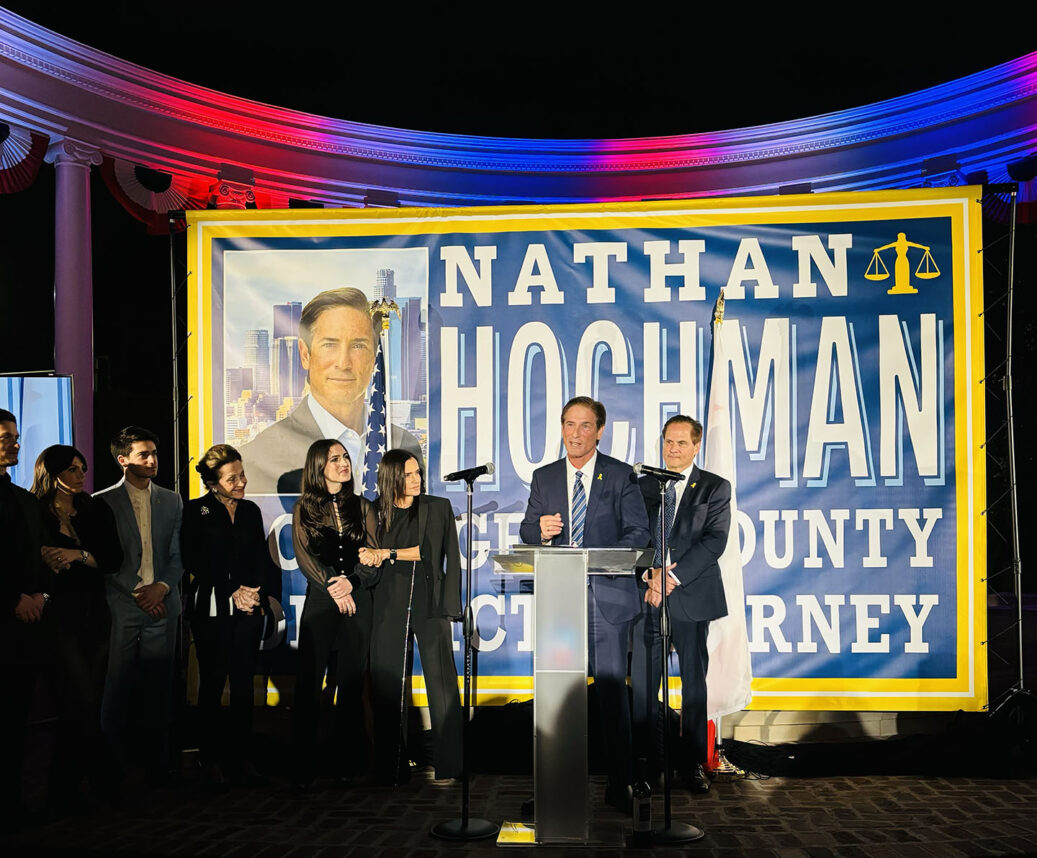



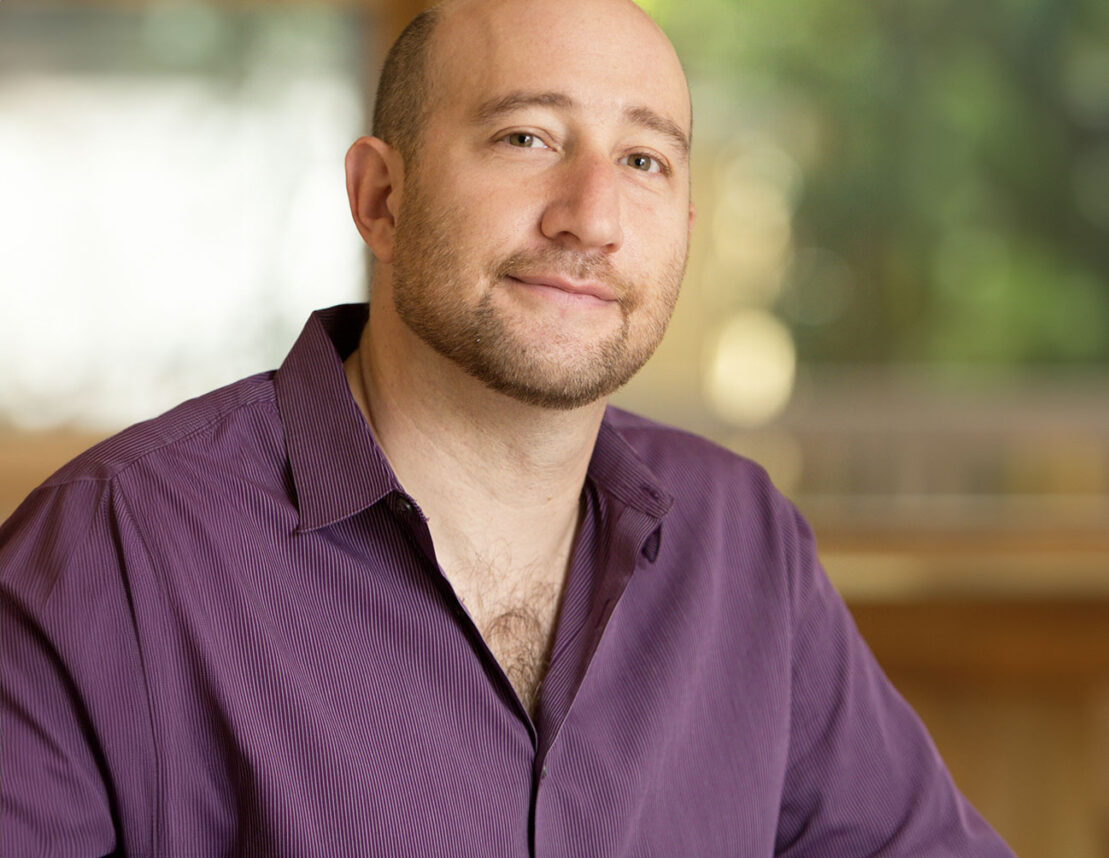

 More news and opinions than at a Shabbat dinner, right in your inbox.
More news and opinions than at a Shabbat dinner, right in your inbox.